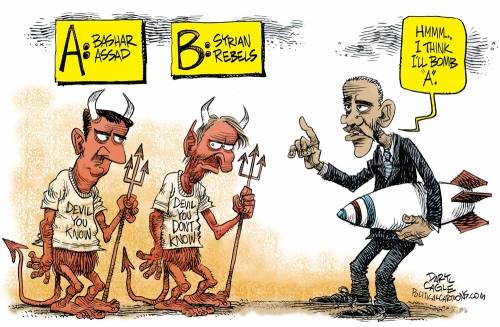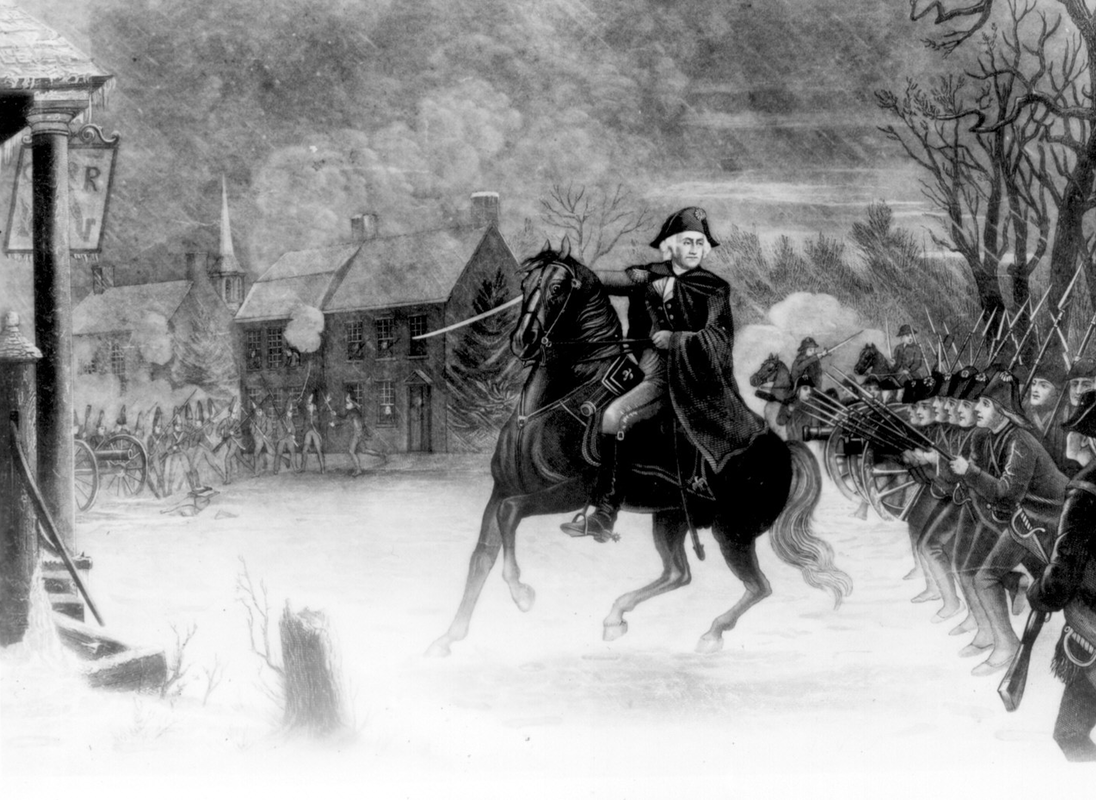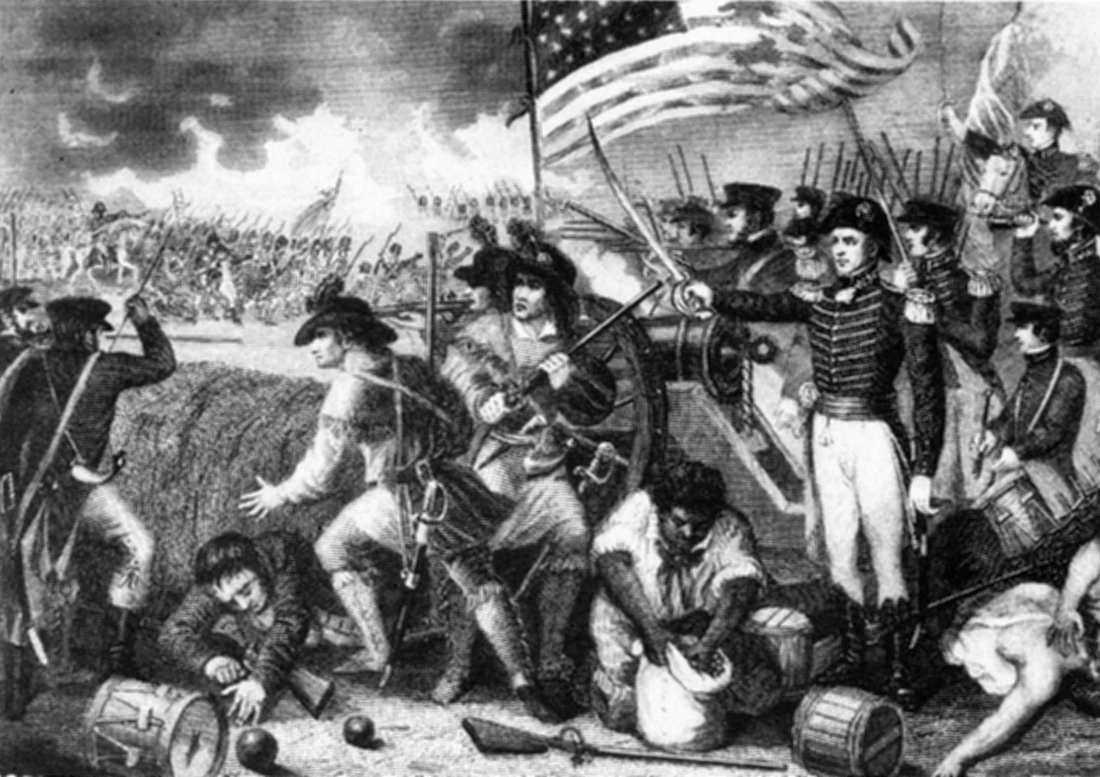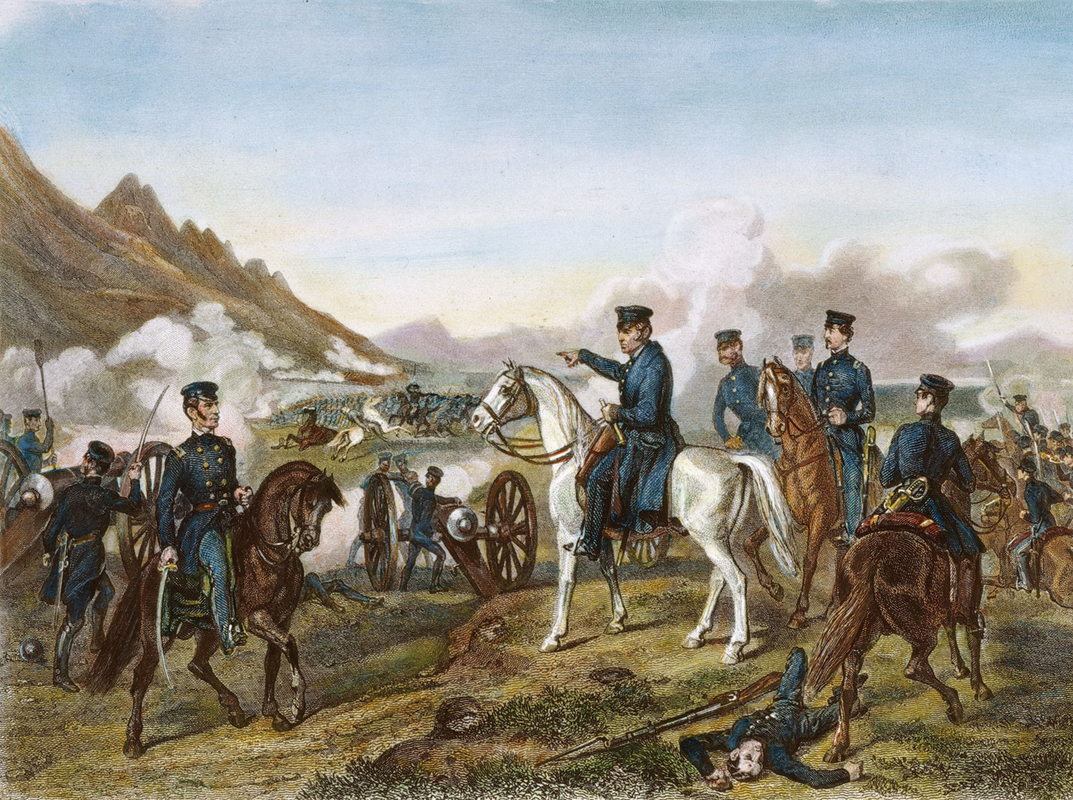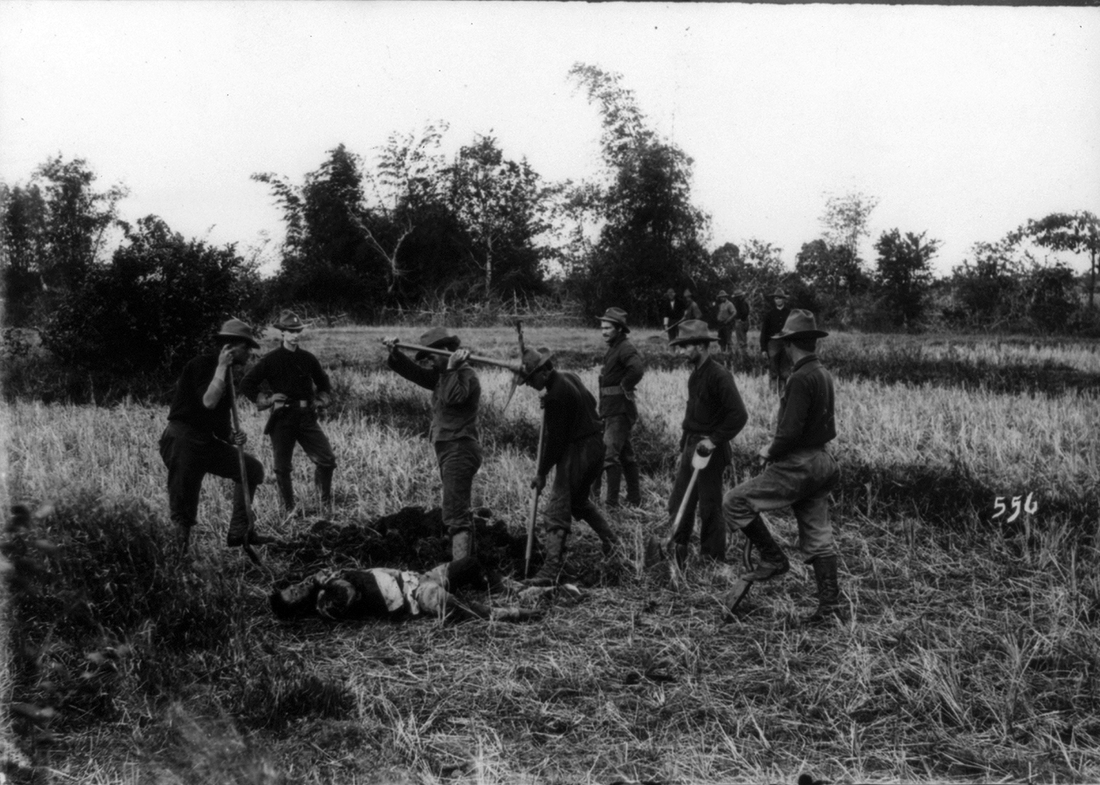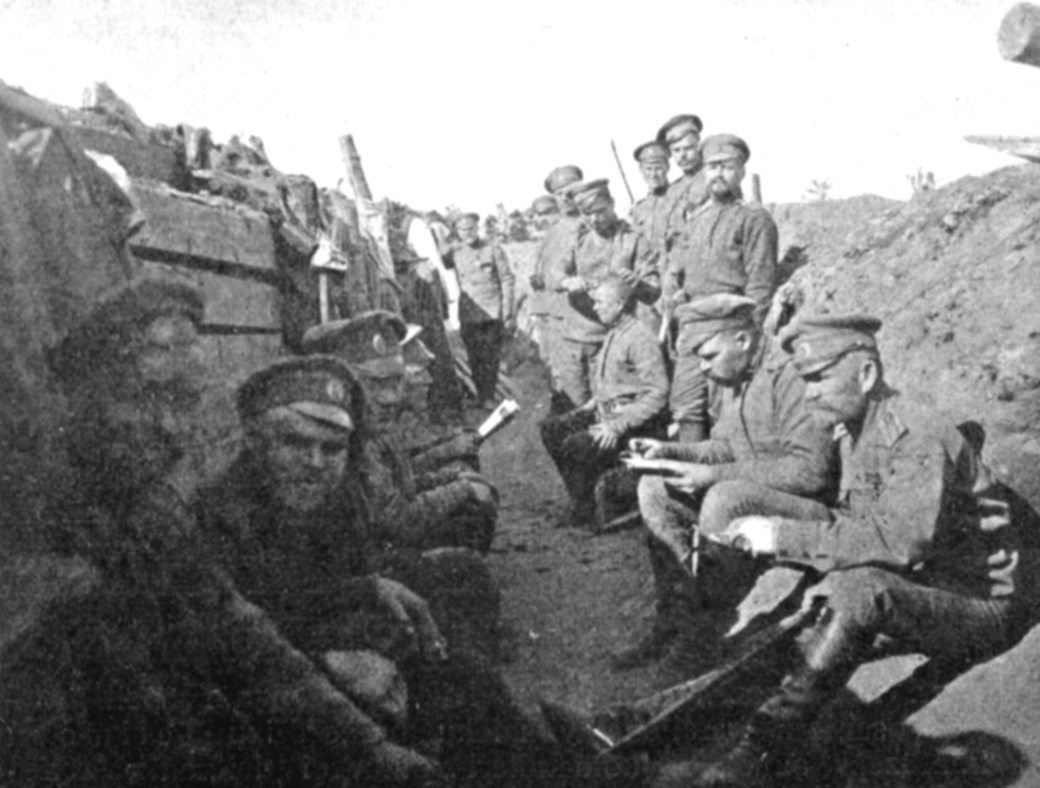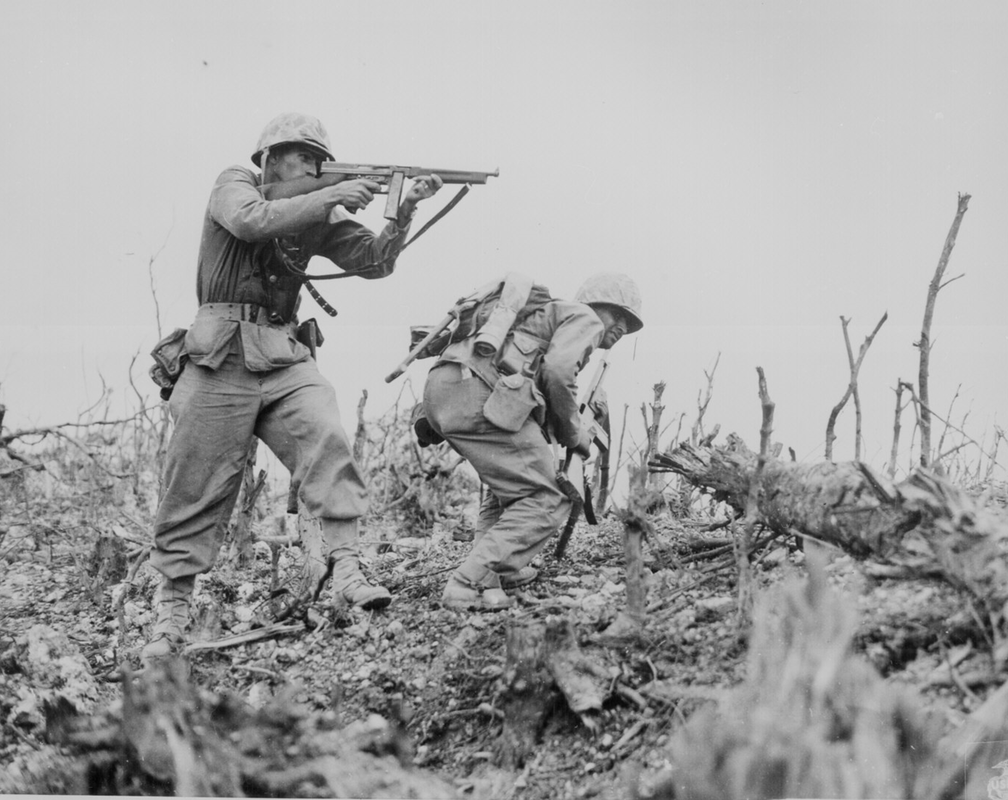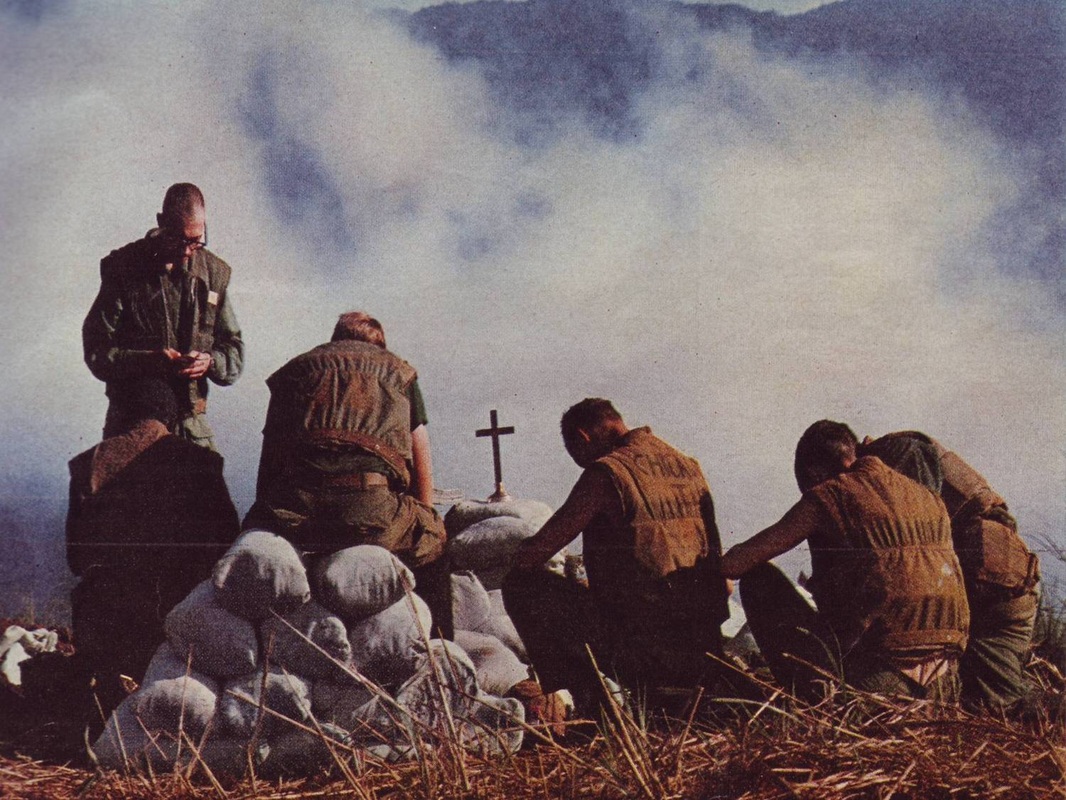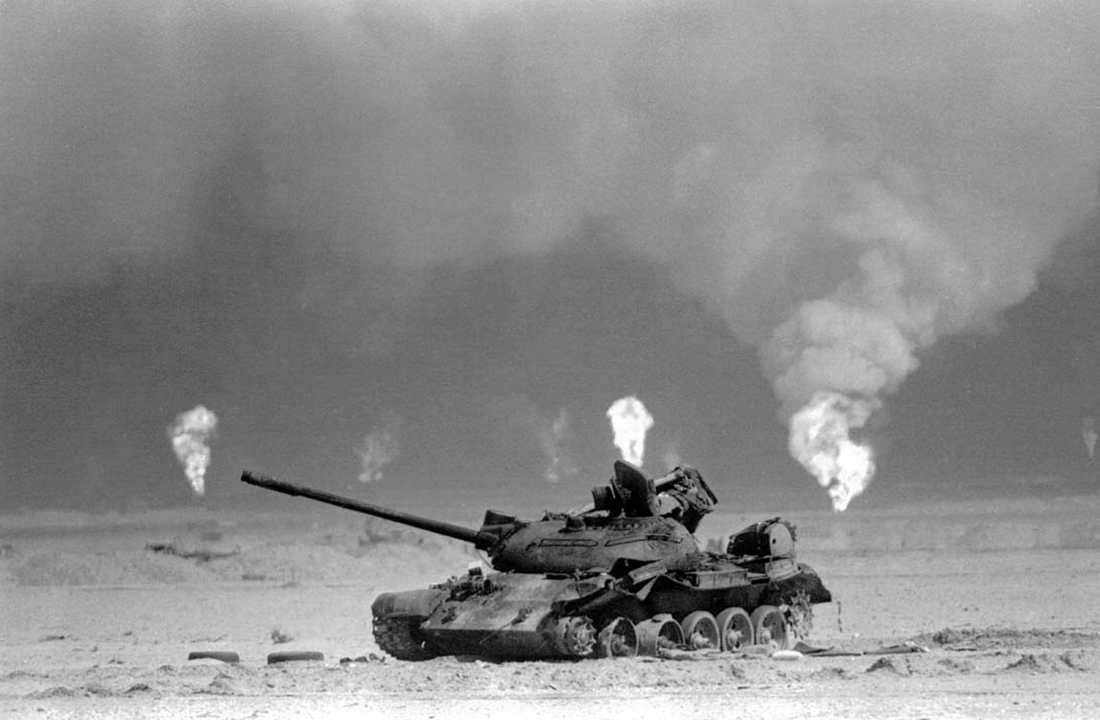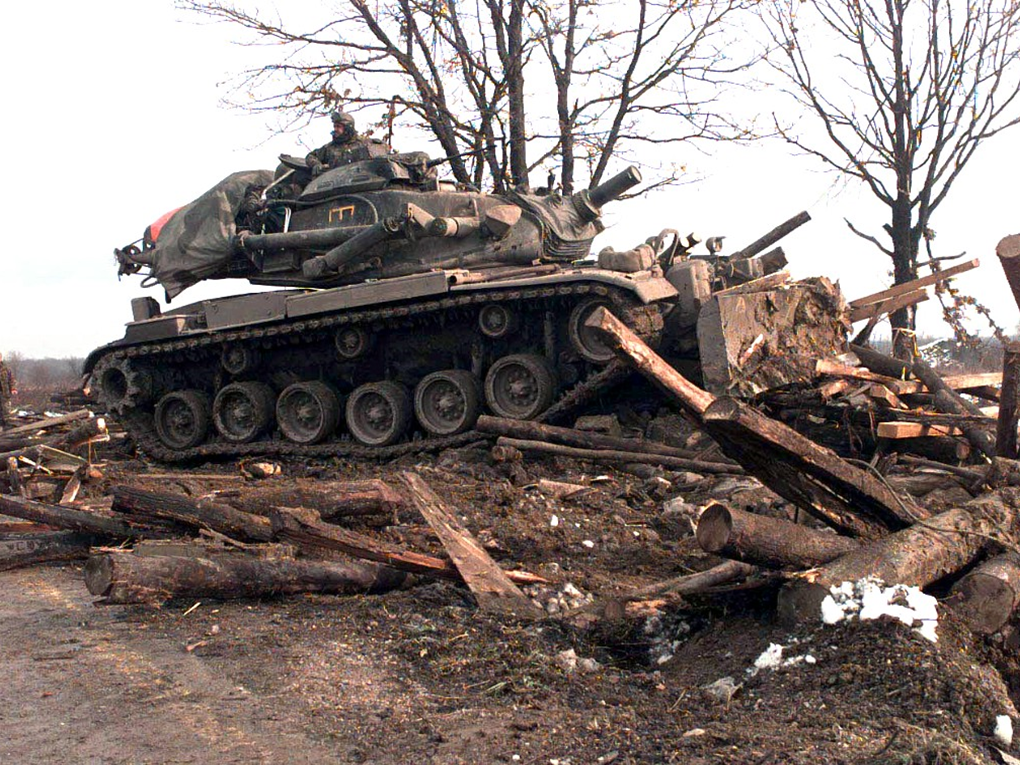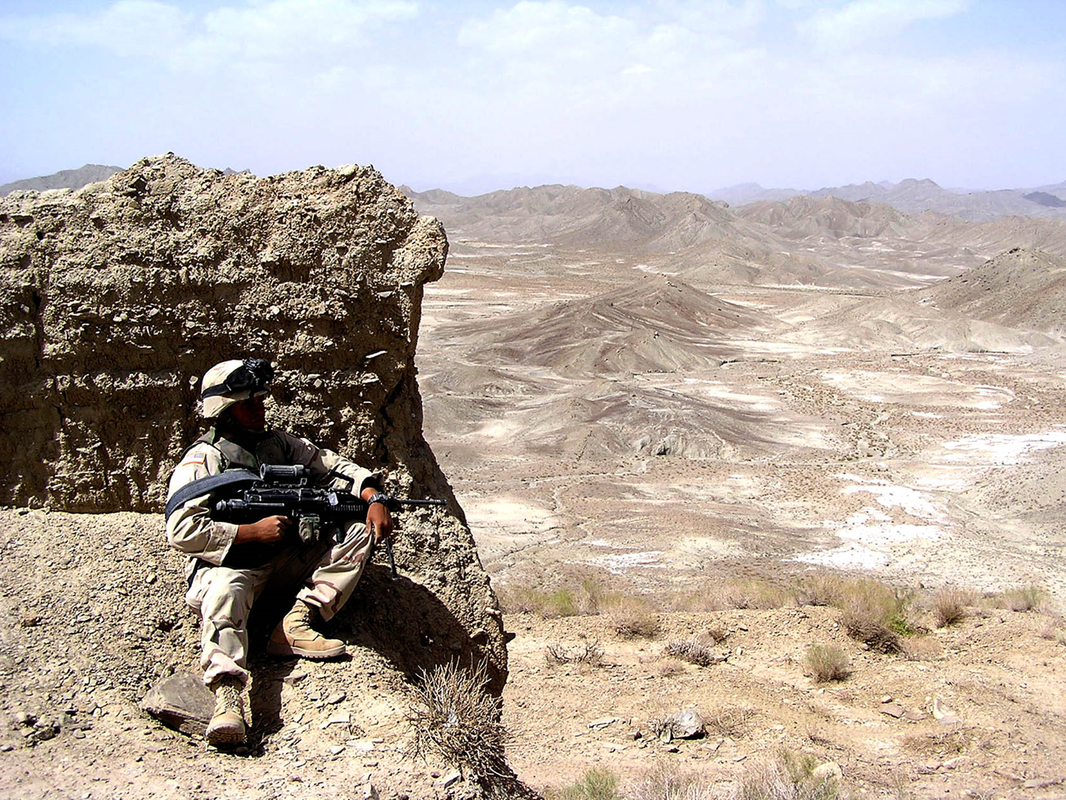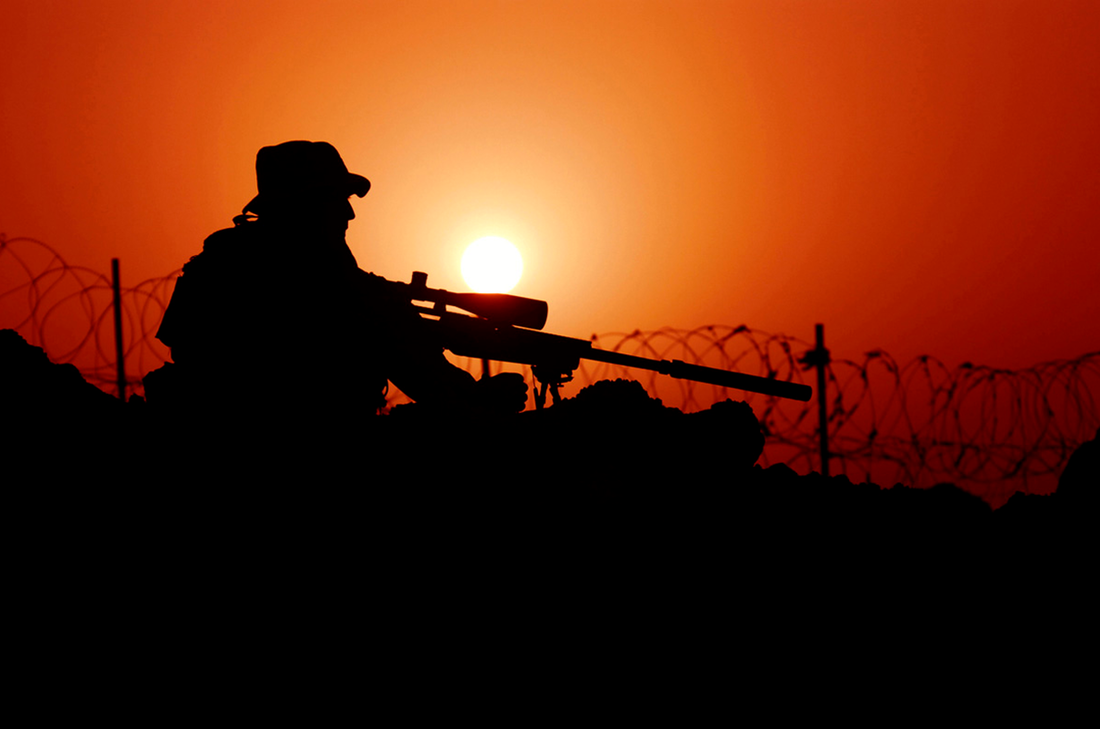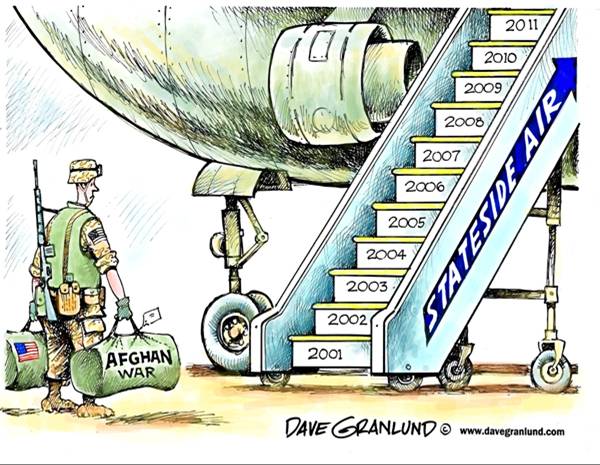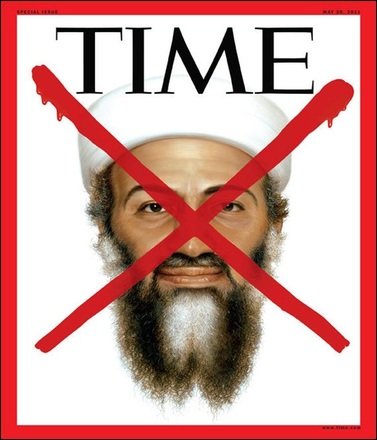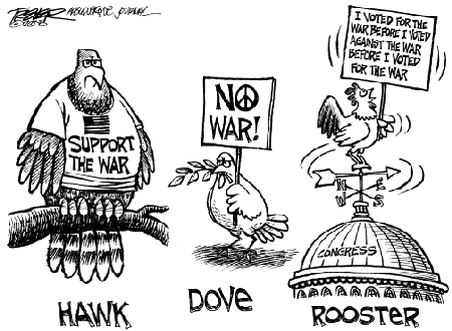"...To Declare War"
Assessing the Power of the Congress
to "Declare War", why it's Divisive
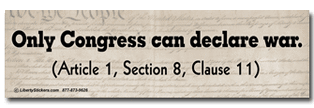
It's expressed clearly in the Constitution: "Congress shall have power to ... declare War". It's pure, simple, and direct: there's no "stickiness" about it.
Why, then, is it still divisive? Let's investigate...
Why, then, is it still divisive? Let's investigate...
Part I: Declarations of War
Over the course of its existence, the United States has fought thirteen (13) wars, starting with the War of Independence and continuing into the War in Afghanistan.
But...are these wars? If I'm asking this question, they obviously aren't :-) Some are, and some aren't. Below is a list of all of the "wars" in which the United States has fought. Using whatever background knowledge you have, answer: Was this a war? Why or why not? Again...using whatever background knowledge you have! If you think a "war" is where "people die", then use that information! (NOTE: The "Civil War" is not included in this list because it wasn't an international war...)
But...are these wars? If I'm asking this question, they obviously aren't :-) Some are, and some aren't. Below is a list of all of the "wars" in which the United States has fought. Using whatever background knowledge you have, answer: Was this a war? Why or why not? Again...using whatever background knowledge you have! If you think a "war" is where "people die", then use that information! (NOTE: The "Civil War" is not included in this list because it wasn't an international war...)
So, how'd you do? All you were tasked with doing was to say which "wars" were actually wars! And here are the answers!
So...that's eight (8) non wars!! How is that possible? Well, let's take a look at a few obvious ones:
- War of Independence...(NO)
- War of 1812...(YES)
- Mexican-American War...(YES)
- Spanish-American War...(YES)
- Philippine-American War...(NO)
- World War I...(YES)
- World War II...(YES)
- Korean War...(NO)
- Vietnam War...(NO)
- Gulf War...(NO)
- Bosnian War...(NO)
- War in Afghanistan...(NO)
- War in Iraq...(NO)
So...that's eight (8) non wars!! How is that possible? Well, let's take a look at a few obvious ones:
- With the War of Independence, the United States couldn't declare war...because it wasn't a country yet.
- The Philippine-American War was an "extension" of the Spanish-American War.
- The Bosnian-American War wasn't really a war; the United States just sent troops.
- For the others...war was never DECLARED! So, technically, they were never wars.
|
For a war to be "declared", the President has to ask Congress for it, and they have to grant him the power of war. This was the case in the War of 1812, the Mexican-American War, the Spanish-American War and both World Wars. ...but that's it! The question is:
|
Part II: The Problem with Declarations
In 2011, the United States honored the 10th Anniversary of the War in Afghanistan. That was three years ago, and the escalator keeps rising.
Why hasn't the United States declared "war" on Afghanistan. Let's examine. Says one war historian:
Making light of the situation, VOX.com recently "released" their "rankings" of the 17 stupidest "military operations" names from around the world According them, here's the list:
Why hasn't the United States declared "war" on Afghanistan. Let's examine. Says one war historian:
- Today’s wars are usually dubbed "military actions" or "operations" because they are hoped to be:
- "...the deployment of [non-military] forces to countries neighboring the conflict… [or simply]…the dispatch of military advisers to one or more parties involved in the conflict."
- "battles involving regular foreign military forces’ generally resulting in fewer than one thousand fatalities.”
- Vietnam War..."Operation Rolling Thunder"
- Gulf War..."Operation Desert Storm"
- War in Afghanistan..."Operation Enduring Freedom"
- War in Iraq..."Operation Iraqi Freedom"
Making light of the situation, VOX.com recently "released" their "rankings" of the 17 stupidest "military operations" names from around the world According them, here's the list:
- 17) Operation Ortsac (USA, 1962 plan to invade Cuba — spell the name backwards)
- 16) Operation Red Bean (Belgium, 1978 Zaire airport intervention)
- 15) Exercise Steadfast Jazz (NATO, 2013 training exercise)
- 14) Operation Inherent Resolve (USA, 2014 ISIS war)
- 10, tie) Operation Dragon Blanc (Belgium, 1964 Congo intervention)
- 10, tie) Operation Dragon Noire (Belgium, 1964 Congo intervention)
- 10, tie) Operation Dragon Rouge (Belgium, 1964 Congo intervention)
- 10, tie) Operation Dragon Vert (Belgium, 1964 Congo intervention)
- 9) Operation Grand Slam (Pakistan, 1965 India-Pakistan war)
- 8) Operation Lucky Alphonse (United Kingdom, 1956 Cyprus counterinsurgency)
- 7) Operation Nimrod (United Kingdom, 1980 storming of Iran's embassy in London)
- 6) Operation Unicorn (France/UN, 2002 Côte d'Ivoire peacekeeping operation)
- 5) Operation Power Pack (USA, 1965 invasion of the Dominican Republic)
- 4) Operation Eager Glacier (USA, 1988-1989 aerial spying operation in Iran)
- 3) Operation Golden Pheasant (USA, 1988 Honduras intervention)
- 2) Operation Paul Bunyan (USA/South Korea, 1976 mission to chop down a tree in the demilitarized zone between North and South Korea)
- 1) Operation Pig Bristle (Australia, 1946 air force operation to smuggle pig bristle out of China in order to solve Australia's housing crisis)
Silly names, silly interventions. But in all honesty, real wars, with real deaths. So, up to this point, we know the following:
So...is that the only reason we don't declare war? Because it's supposed to be "short and sweet"? Well, Vietnam and Afghanistan lasted over a decade, and throughout all of these "operations", hundreds of thousands of real military troops have died. So...what's the problem?
- The U.S. Congress has to declare war.
- "Operations" are called "operations" when a country sends "military advisers" or non-military troops to a region, or...
- ...when it's expected to be a short, quick, and "low casualty" war. (NOTE: A "casualty" is someone who is wounded, missing, or killed during a war)
So...is that the only reason we don't declare war? Because it's supposed to be "short and sweet"? Well, Vietnam and Afghanistan lasted over a decade, and throughout all of these "operations", hundreds of thousands of real military troops have died. So...what's the problem?
Part III: Jus Ad Bellum
We now know that the United States has not technically declared war since the Second World War (WWII) in 1941. So, what then are the other “wars” usually called the “Korean War”, “Vietnam War”, and the wars in Iraq and Afghanistan? Perhaps the United States struggles with the concept of jus ad bellum, tentatively translated from Latin to mean “a just (or righteous) war”. In examining this concept, let’s review excerpts from 2 peer-reviewed articles.
Michael J. Butler, in U.S. Military Intervention in Crisis, poses the following question:
He goes on to say that,
QUESTION: Consider the recent “operations” in which the United States has engaged: “Operation Iraqi Freedom” (Iraq), "Operation Restore / Enduring Freedom" (Afghanistan), "Operation Just Cause" (Panama), and "Operation Restore Hope" (Somalia). “Rhetoric”, as mentioned in the first quote above, is the usage of words to convey emotion. What emotions are conveyed in these titles? In other words, in examining just these titles, what is the United States hoping to convey to the world?
Laurie Calhoun, in her Metaethical Paradox paper, adds to the “just war” theory with the discussion of “realists” and “idealists” in regard to war and its declaration:
QUESTION: In reviewing her “realists vs. idealists” argument, today, are most Americans “realists” or “idealists” in regard to war? Give evidence for your example.
Jus ad bellum is a fine theory, but does the United States actually engage in this principle? Or is it nothing more than “lip service”? Let’s examine the reality of the American practice of jus ad bellum. Laurie Calhoun says:
The author goes on to say that,
QUESTION: Using the above “requirements” for “just war”, were the wars in Afghanistan and Iraq “just wars”? Why or why not? If not, which above number(s) do you think most Americans will use as evidence that these wars cannot be “just wars”? Give support to your answer.
CONCLUSION: Now, offer your conclusion. Examine all you’ve learned and answer: Since World War II, has the United States engaged in “just war”? Why or why not?
- ESSENTIAL QUESTION: Is it possible that the United States doesn’t declare “war” because it would rather engage in jus ad bellum operations?
Michael J. Butler, in U.S. Military Intervention in Crisis, poses the following question:
- “Is the "rhetoric of justice" that appears so serviceable as a public rationale for U.S. military intervention actually a driving force in U.S. decisions to intervene militarily? Does it truly serve as a guiding principle for decisions to employ the ‘military option’? (p. 228).
He goes on to say that,
- “Even a cursory review of U.S. military interventions in the past half-century reveals a distinct pattern of public moralizing in the service of American military engagements evident throughout U.S. officialdom."
QUESTION: Consider the recent “operations” in which the United States has engaged: “Operation Iraqi Freedom” (Iraq), "Operation Restore / Enduring Freedom" (Afghanistan), "Operation Just Cause" (Panama), and "Operation Restore Hope" (Somalia). “Rhetoric”, as mentioned in the first quote above, is the usage of words to convey emotion. What emotions are conveyed in these titles? In other words, in examining just these titles, what is the United States hoping to convey to the world?
Laurie Calhoun, in her Metaethical Paradox paper, adds to the “just war” theory with the discussion of “realists” and “idealists” in regard to war and its declaration:
- “‘Realism’ and ‘idealism’ are the two most fundamental divisions among writers on war. Realists maintain that war is unavoidable, given human nature, but the categories of morality are misapplied in discourse about war. Idealists claim that the distinction between ‘just’ and ‘unjust’ wars is a real and important one. Both pacifists and just war theorists are ‘idealists’ in this sense, insisting that the concepts of morality apply to the phenomenon of war. Just war theorists, in stark contrast, hold that nations may (or even must) engage in war under certain circumstances.”
QUESTION: In reviewing her “realists vs. idealists” argument, today, are most Americans “realists” or “idealists” in regard to war? Give evidence for your example.
Jus ad bellum is a fine theory, but does the United States actually engage in this principle? Or is it nothing more than “lip service”? Let’s examine the reality of the American practice of jus ad bellum. Laurie Calhoun says:
- “Just war theory is plausible…but…logic alone implies that… both sides cannot be right,”
The author goes on to say that,
- “The following jus ad bellum requirements are widely accepted by just war theorists:
- A just war must be publicly declared.
- A war justly waged must have a reasonable prospect for success.
- The cause of a just war must be proportional (An “eye” for an “eye”)
- A war is justly waged as a last resort.
- A just war must be waged for a just cause.
- A just war must be waged by a legitimate authority”
QUESTION: Using the above “requirements” for “just war”, were the wars in Afghanistan and Iraq “just wars”? Why or why not? If not, which above number(s) do you think most Americans will use as evidence that these wars cannot be “just wars”? Give support to your answer.
CONCLUSION: Now, offer your conclusion. Examine all you’ve learned and answer: Since World War II, has the United States engaged in “just war”? Why or why not?
Part IV: Current Frustration
So...how do Americans feel about our war history? We're currently involved in fighting ISIS overseas...called "Operation Inherent Resolve". How do Americans feel about this? According to VOX.com, not good. Click here to access their post.
